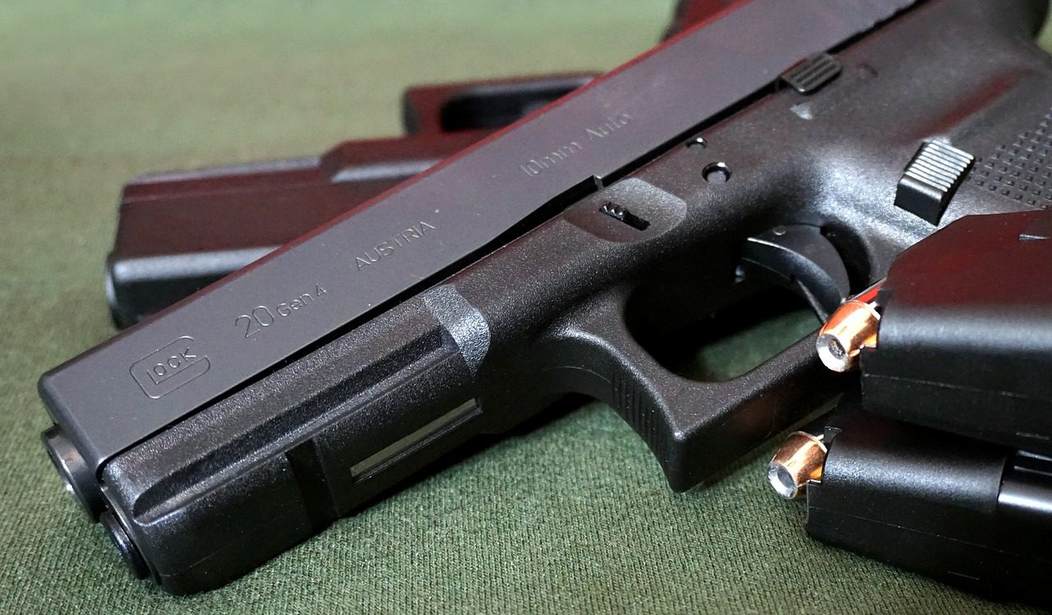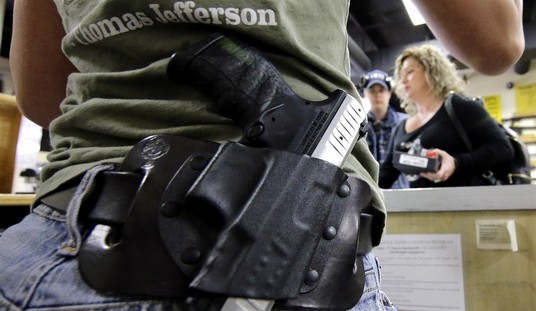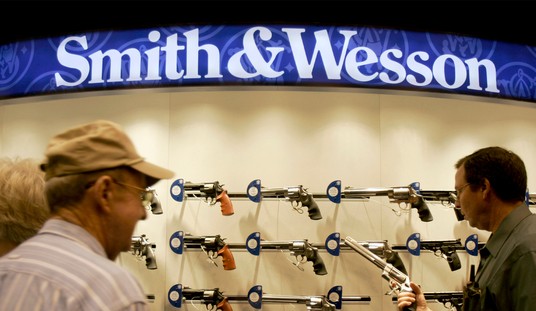These days, you can go all kinds of places and find armed security. Considering how we perceive violent crime, that’s hardly surprising. People see a man in a uniform with some kind of badge and a firearm and they tend to feel a smidge safer.
Or, failing that, they feel bad that society has gotten to the point where we apparently feel we need armed security.
But there are a lot of places that are resistant having security officers with firearms. Many hospitals, for example, think having armed guards is a bad idea.
In New Hampshire, though, at least one state hospital is thinking those others might be wrong.
November’s fatal shootings of an unarmed security officer and former patient inside the state psychiatric hospital could lead to a major policy change that most other hospitals in the state have considered and rejected: armed security guards.
In interviews, security officers at several hospitals cited concerns that a firearm in a volatile situation could exacerbate, not mitigate, safety risks to patients, visitors, and staff. And they cautioned that a gun in a hospital setting could take away from what should be a welcoming and therapeutic environment.
Maybe it’s just me, but a lot of the people who say crap like this also talk about how we’re all completely freaked out over mass shootings.
The reason I find this odd is that an armed security guard is likely to alleviate those concerns. This is a good guy with a uniform, a badge, and a firearm. Intellectually, we know he’s not a police officer, buy our minds react to the uniform and badge as if here actually were.
In other words, most people aren’t even going to blink about seen a security guard with a gun.
What it boils down to is that these folks don’t like people with guns. It’s just that simple. What they’re missing, though, is that their feelings don’t dictate reality. Bad people will come into hospitals and do bad things if they’re so inclined, and a lot of less lethal options–which some of these people are advocating for instead of armed security–aren’t going to dissuade them.
When safety officials announced their security recommendations, they said the policy change was “in progress.” Their additional recommendation that the state hospital hire armed private security guards was also in progress, they said.
Jake Leon, spokesman for DHHS, did not provide a timeframe, saying only that the department is at the “beginning” of implementing the recommendations. It is also unclear whether security officers would carry firearms in patient areas, but that appears to be a possibility.
The hospital’s security officers, according to the department’s recommendations, would “carry firearms throughout the hospital to mitigate any threats occurring within the (New Hampshire Hospital).” The new armed private security officers would be stationed at the hospital entrance to screen patients, visitors, and staff, according to the recommendations, but also be used to assist hospital security officers “throughout” the campus.
Interestingly, the article has a ton of people talking about why they think this is a bad idea, but apparently didn’t try to seek out anyone who might disagree with that.
The idea here is to present this as if there’s a broad, universal consensus saying that armed security is a terrible idea, even if there are reasons why that might not be true.
And, hilariously, they bring up patients being “retraumatized” because they were brought to the psychiatric ward by armed police officers.
There were concerns of security guards being disarmed by disturbed patients in those mental health wards as well, which are probably the most valid concern mentioned. Yet that’s easily mitigated by simply having the armed officers outside of those areas.
All in all, this is a report meant to convince people this was a bad idea. Yet if people think for a moment, they’re going to recognize that this came about because an unarmed security guard was shot and killed. He couldn’t be armed at his job due to the rules in place, meaning those rules got him killed.
Changing them makes perfect sense.








Join the conversation as a VIP Member